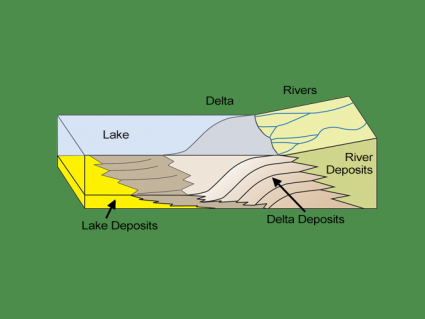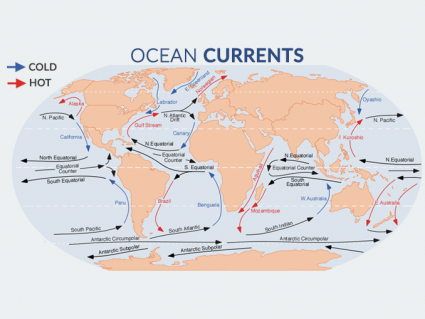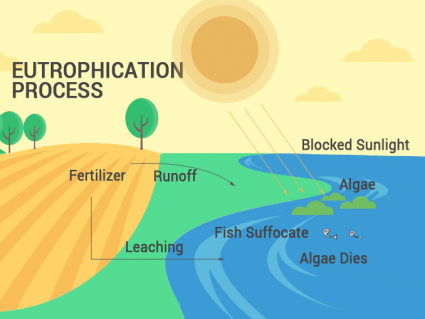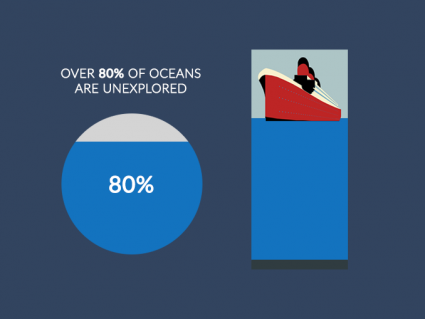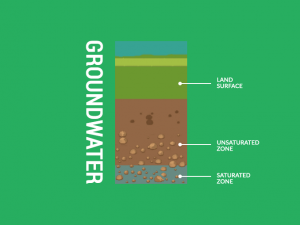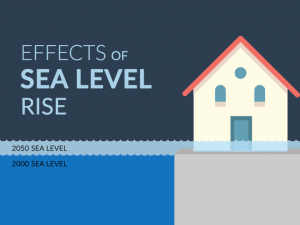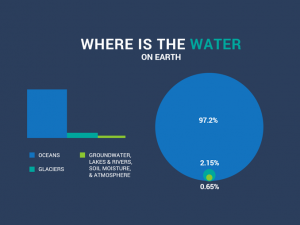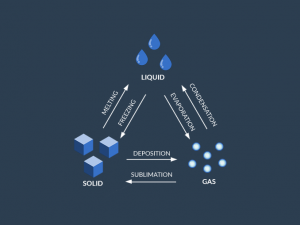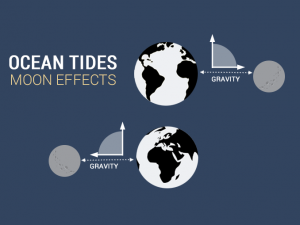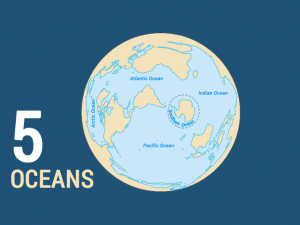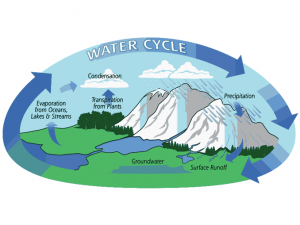Coral Reef Facts: Ocean Biodiversity Hotspots
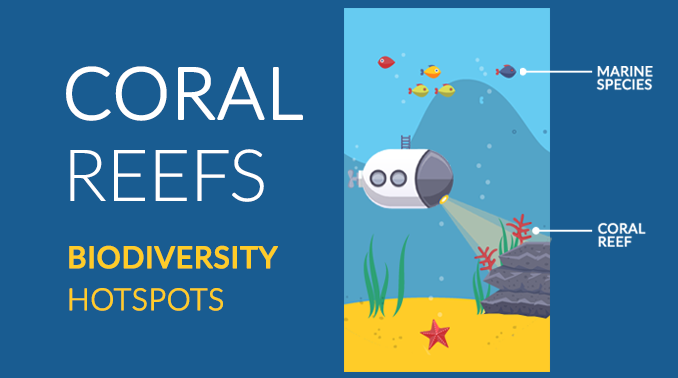
Coral Reef Facts
Coral are invertebrate animals that mainly reside in tropical oceans near the equator. Despite occupying less than 5% of oceans, coral reefs provide a home for about 1/4 of marine species.
Not only are coral reefs biodiversity hotspots, but they also serve as part of the food chain, provide shelter for animals, and are key indicators of overall ocean health.
They attract billions of dollars in tourism dollars annually. Despite their importance, the health of coral reefs is threatened by:
- Overfishing
- Bleaching
- Rising temperature
- Human interactions
Are coral invertebrate animals?

Coral is an invertebrate animal. They’re like jellyfish and are members of the Cnidaria family.
Filter-feeding organisms like coral gather suspended particles like dissolved calcium from the water. Like a strainer, they separate food particles from the water.
- HARD CORALS: Extracting calcium carbonate from oceans helps them develop their stony polyps building an exoskeleton. The hard shell helps them protect their soft bodies.
- SOFT CORALS: Alternatively, soft corals lack a skeleton. They flutter in the moving water with all the colors of the rainbow.
Because coral is an animal, it is a food source for other animals, which in turn feeds other animals. Coral provides the basic building block of a food chain contributing to the marine ecosystem.
Why are coral reefs like rainforests of the oceans?

Like a giant desert, most of the ocean is bare. And most of the ocean is unexplored. Living conditions are hostile in these bare spots of the ocean because they don’t provide a source of shelter for animals.
Without vegetation, fish can only rely on hunting for food in the open ocean. This is why some fish only occupy the open ocean during migration.
If open oceans are deserts, then reefs are like rainforests. This is because coral reefs provide shelter for fish, crustaceans, and other creatures to live in.
Just like rainforests, they are more biologically diverse. And ecosystems rely on biodiversity for resiliency, health, and food.
A loss in biodiversity is like a soccer team without a defense. If a disease kills one type of fish, a diverse ecosystem would have other fish that can fill in the role.
What are the benefits of protecting coral reefs?
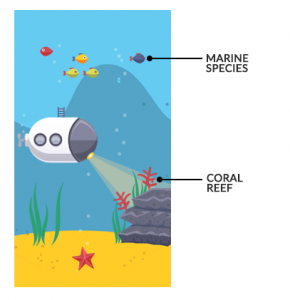
Coral is a litmus test for overall health. Unfortunately, they are under a lot of stress, mostly from human actions. Not only does overfishing threaten coral reef health, but stress from:
- Rising temperature
- Ocean acidity
- Sunscreen
Because corals feed from the open water, they are an excellent indicator of ocean disturbance. Like an early-warning system, they detect factors like contaminants, pH changes and temperature fluctuations.
Scientists estimate that coral reefs face extinction in 50 years. So the spotlight is on coral reefs with a real race to protect them. Scientists showed red flags entering a decade ago for coral reefs. Now there are signal fires.
The benefits are plentiful for coral reefs. For example:
- COMMERCIAL VALUE: They generate $30-$375 billion a year annually worldwide mostly for tourism, fisheries, and medicine.
- EROSION CONTROL: Coral minimizes shoreline erosion, reduces flood risk, and negate high impact waves.
- BIODIVERSITY HOTSPOTS: They stabilize marine ecosystems as key underwater biodiversity hotspots.
From an environmental standpoint, the spotlight is on coral reefs and bleaching. But for corporate industries, there’s more convincing to do.
“Prevention is key. But replanting is just one way scientists are restoring these underwater biodiversity hotspots.”
Coral Reef Facts: Ocean Biodiversity Hotspots
Coral reefs are home to an abundance of marine life and can be found in tropical and subtropical waters worldwide.
With the earth’s coral reefs being destroyed at an alarming rate, it is important to take action.
Otherwise, if you have any questions or comments about coral reefs, please feel free to contact us below.

